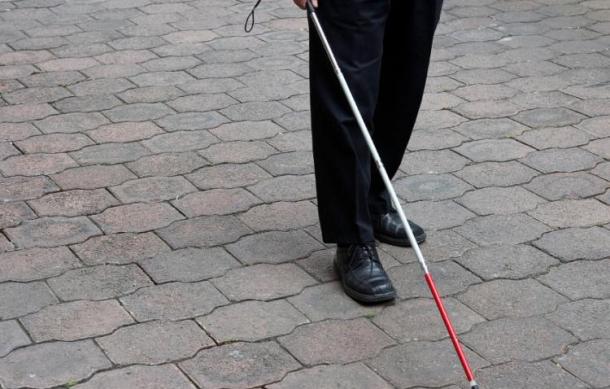
Financial constraints are the leading cause of people with visual impairments not being able to own white canes.
To address this situation, the Eastern Association for the Visually Impaired in the Zambezi Region is appealing to the business community and other stakeholders to help those in need.
In marking White Cane Day, members of the association marched to Kamunu Village, where they celebrated through various activities, including braille reading, dancing, and a demonstration of how they go about their day-to-day lives while relying on their canes.
The white cane is a mobility tool used by people who are blind or who have low vision to get about independently.
A member of the association, Chrispin Matanyambe, appealed for support, especially from motorists, to be considerate of the situation of people with visual impairment when crossing roads.
"And this stick, we really ask drivers in my country, Namibia, to use caution whenever they see a person holding a cane; they must know that the person passing is a visually impaired person, no matter how old they are, and they must give them a chance in the road, leaving them to pass."
The Country Advisor for the Namibia Public Passenger Transport Association assured the gathering that their concerns would be taken up to reduce road accidents.
Abel Muubu also pledged to engage various transporters in reducing fees for people with limited vision.
Speaking on behalf of the Health Director in the Zambezi Region, Tinashe Mkandi, the Regional Physiotherapist, said the ministry is committed to offering and improving services to people with disabilities.
"Outreach programs, including visits to the region by specialists, were initiated early this year or last year when we got specialists from Windhoek who came and did some operations in our community, which was a success and a lot of people were actually helped. 258 people managed to be operated, which is a big number. Let's give them a round of applause."





